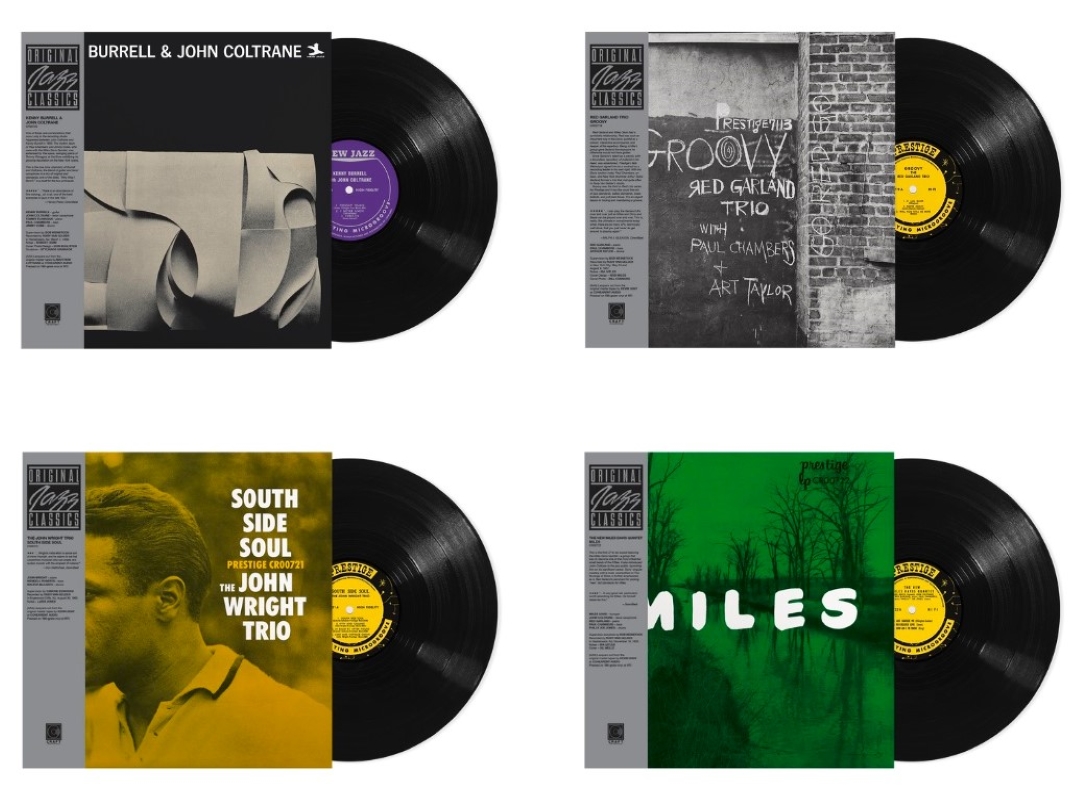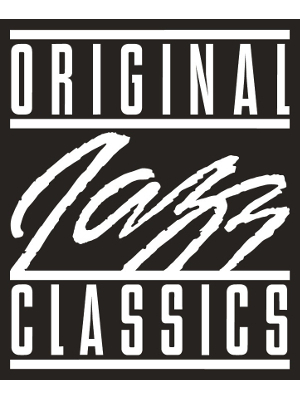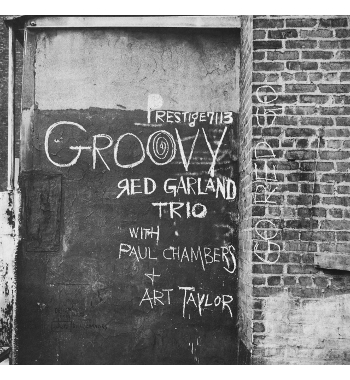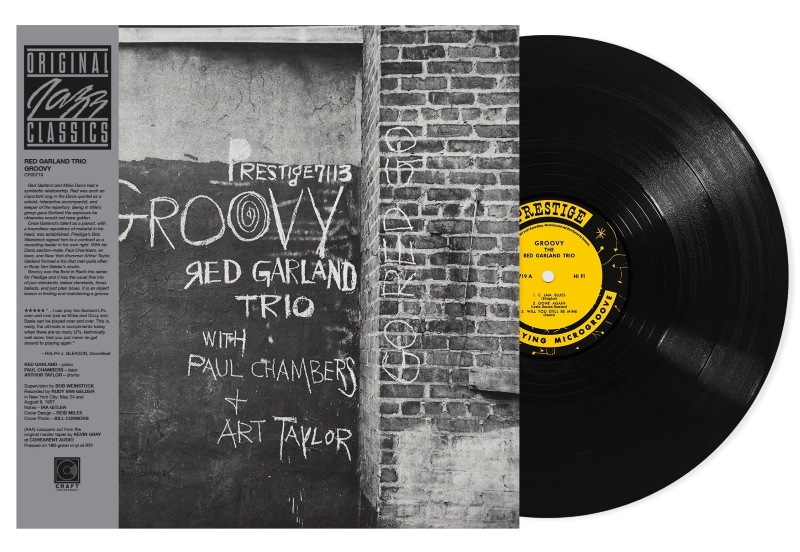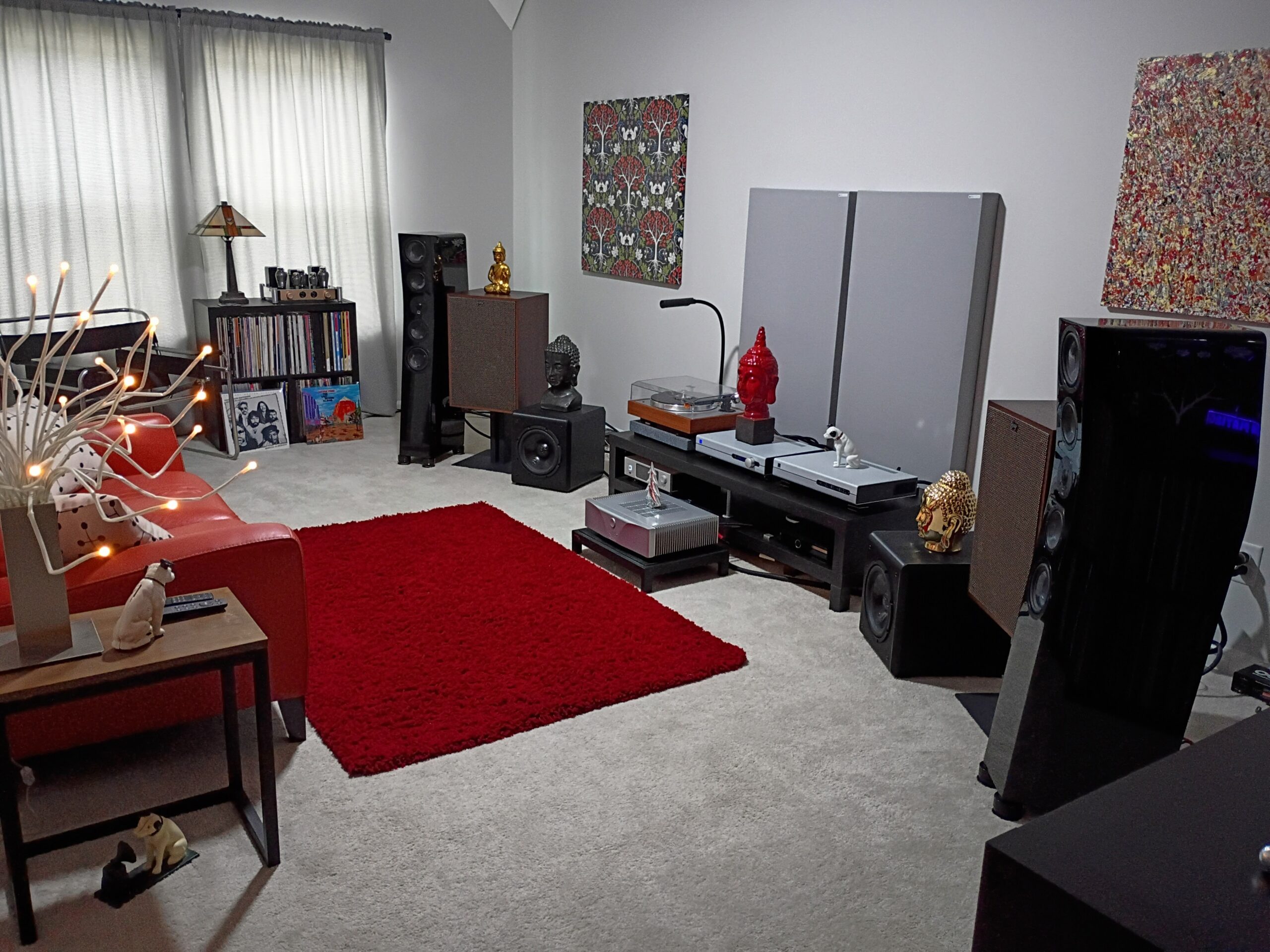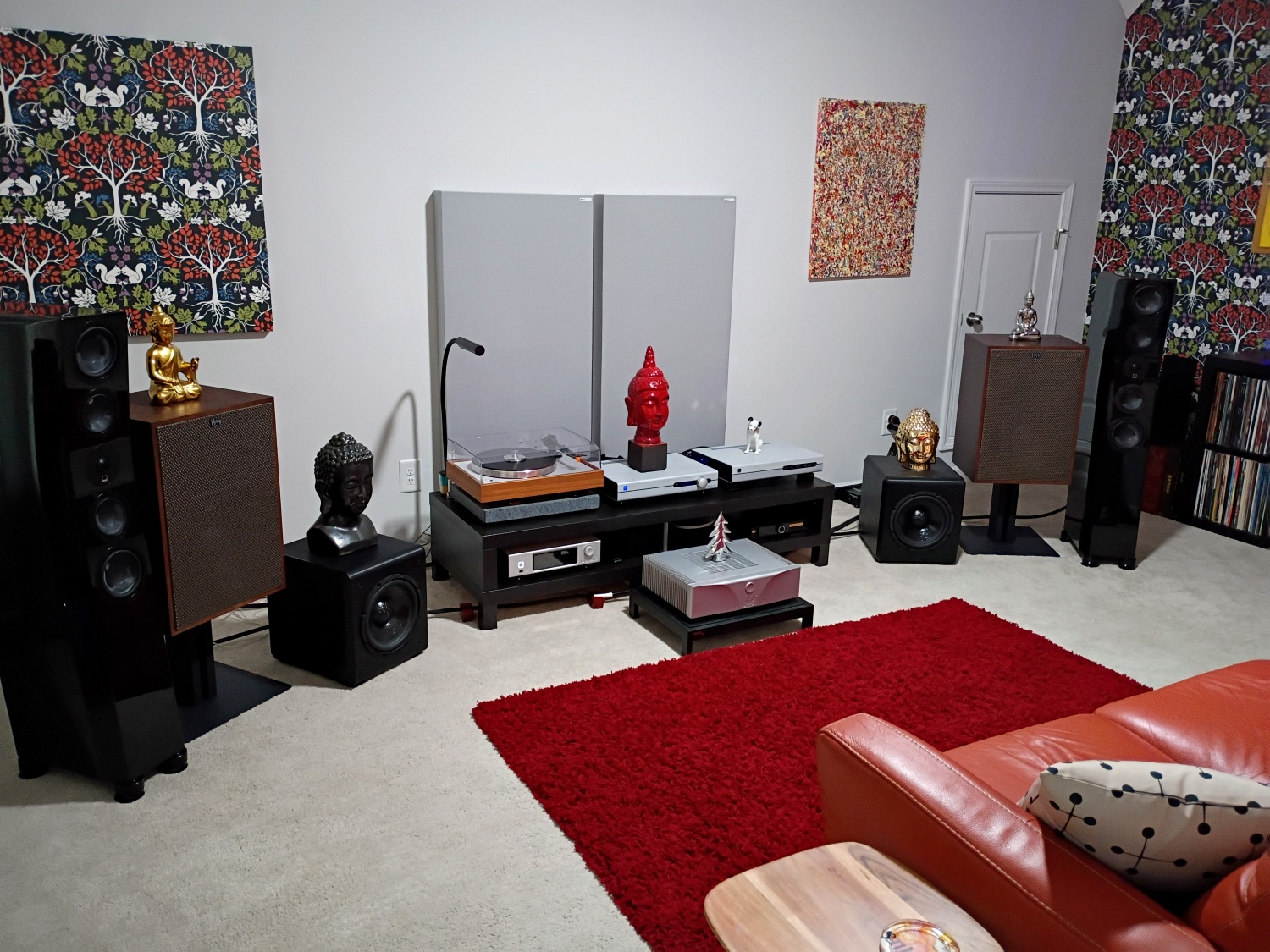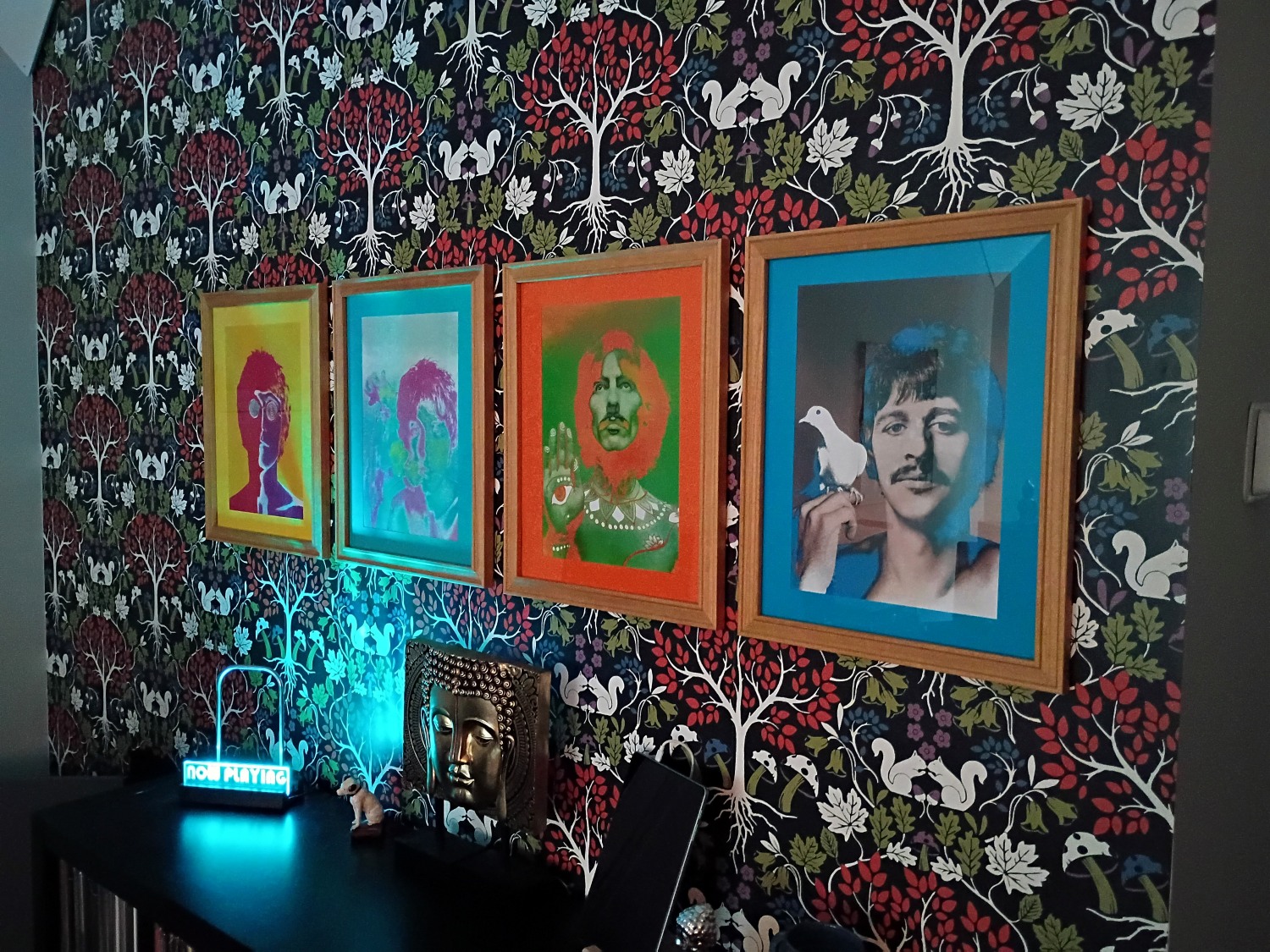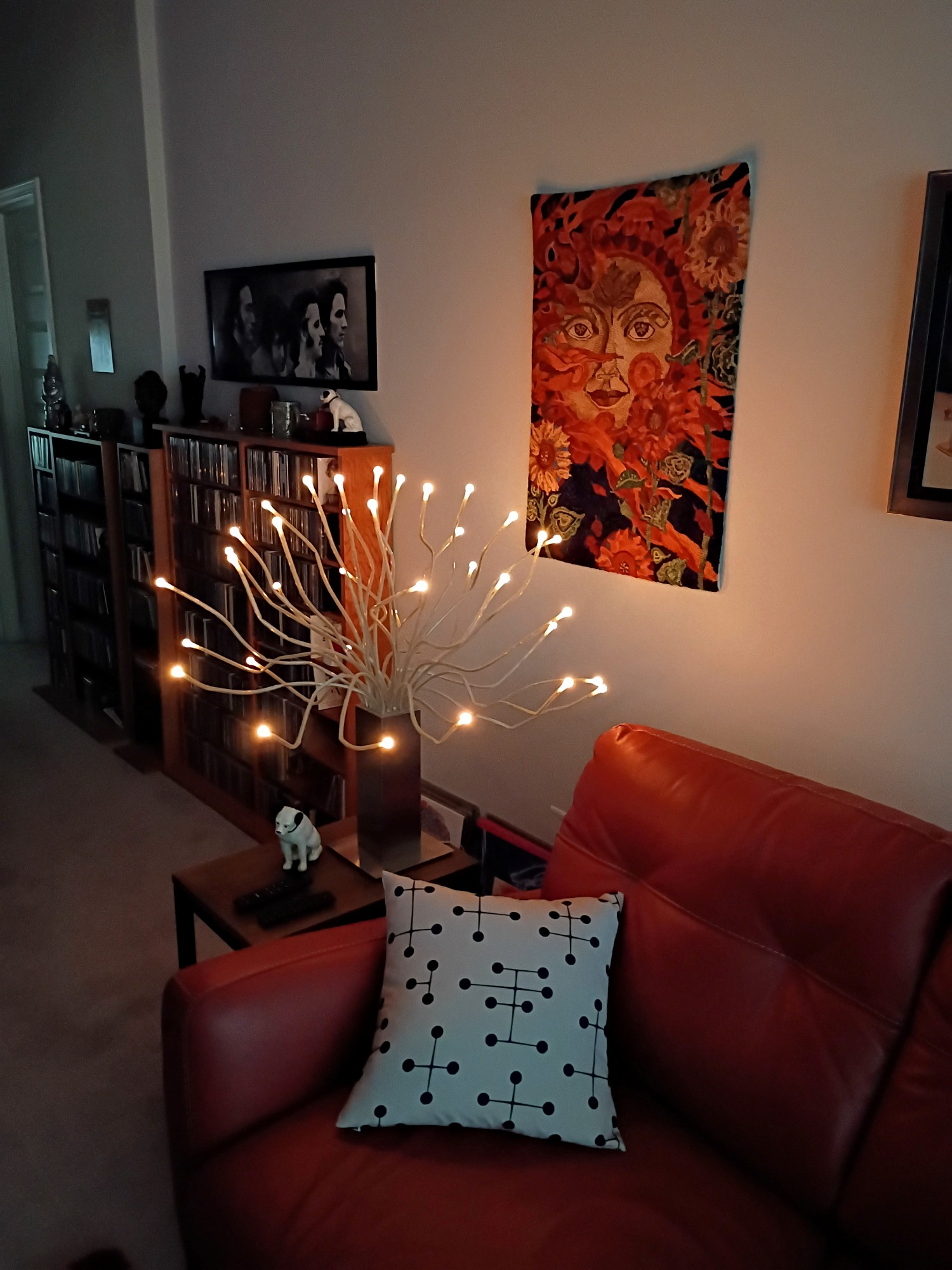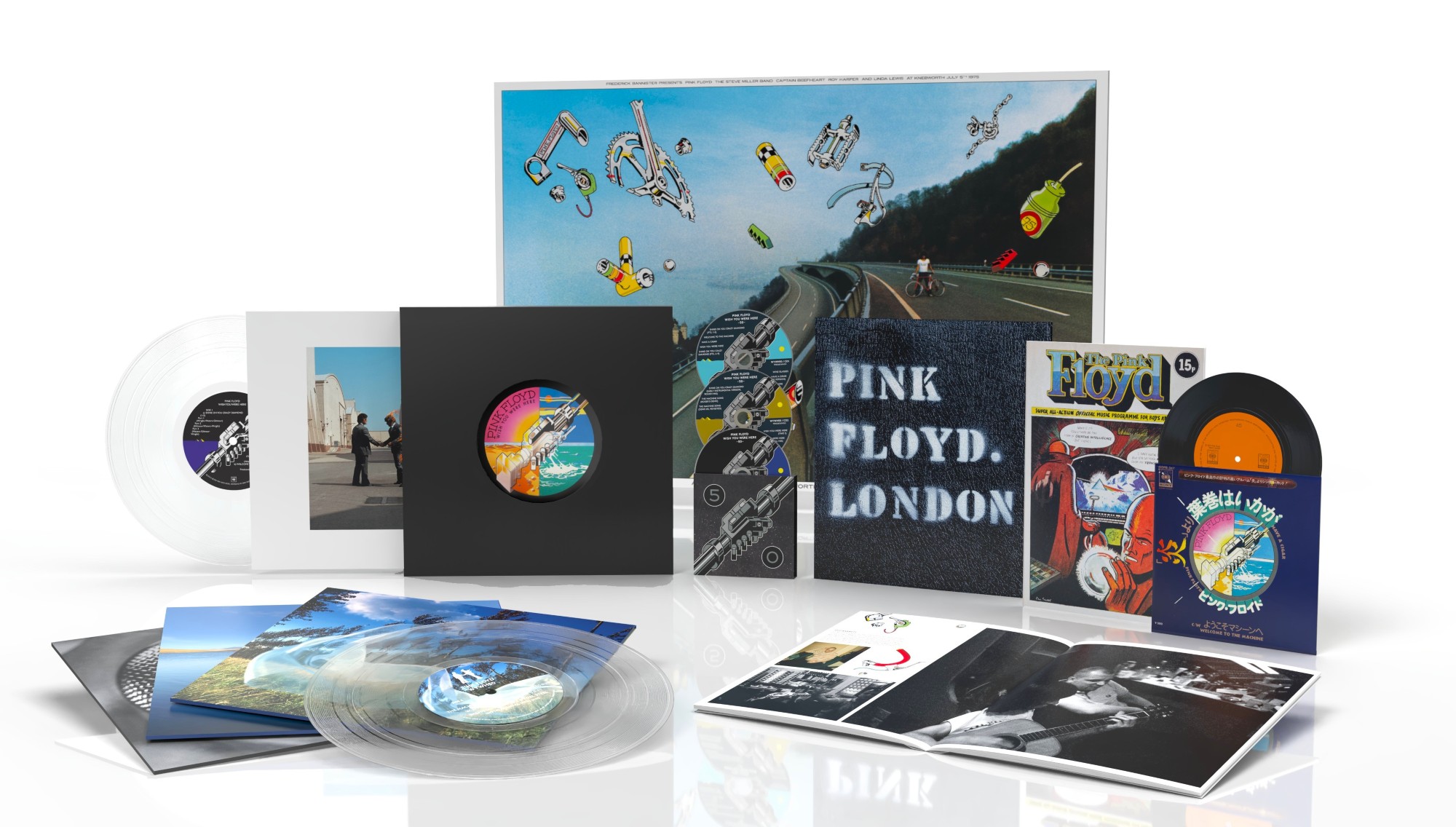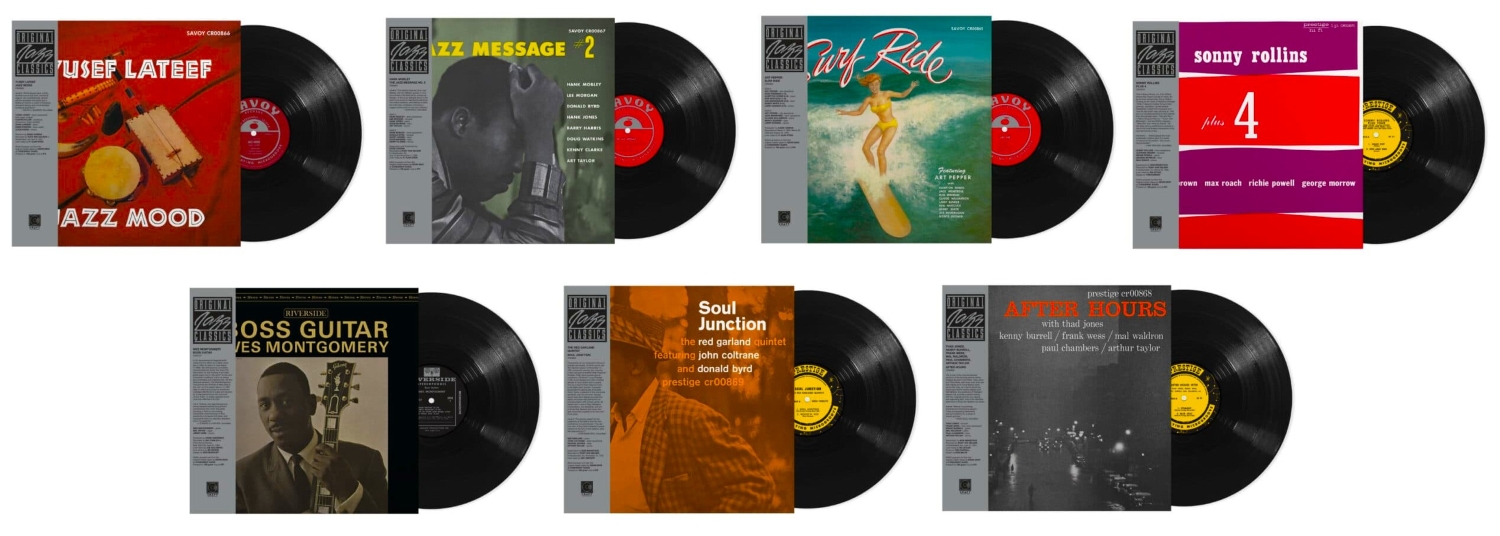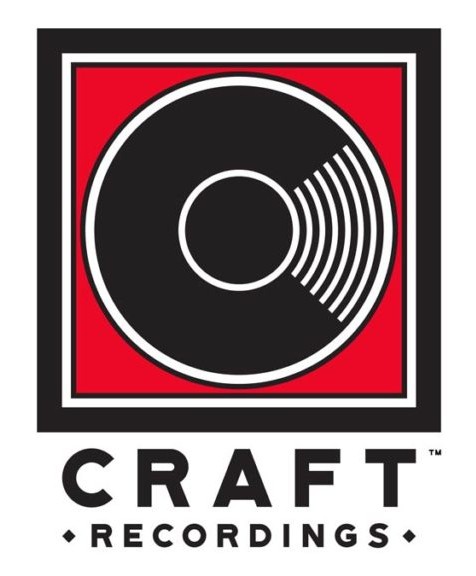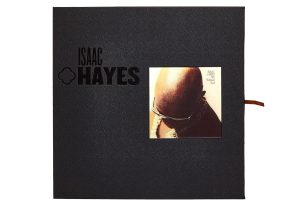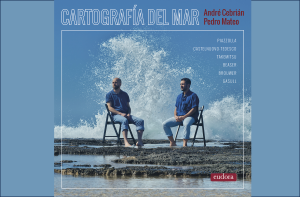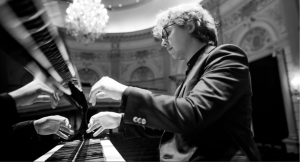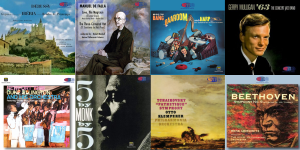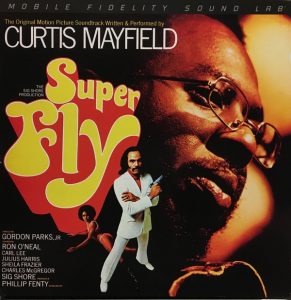Craft Recordings has announced the second group of reissue titles for 2024 in their Original Jazz Classics (OJC) franchise reboot, featuring four albums whose release dates range across the period from 1956 to 1960. The new reissues include the classic 1956 Prestige label debut from The New Miles Davis Quintet, Miles; Davis' longtime pianist, Red Garland, is also featured in his Red Garland Trio's third outing, 1957's Groovy (also on Prestige). 1958's Kenny Burrell & John Coltrane (on the New Jazz imprint) features the first collaboration by the two giants since they both played in Dizzy Gillespie's band; and finally, there's the John Wright Trio's 1960 album South Side Soul (also on Prestige), which was the debut album for the criminally underappreciated Chicago pianist. Other than a handful of limited edition reissues, these titles have mostly been out of print as LPs domestically for many decades; this second batch of Craft reissues have arrival dates that begin in late-Spring and run through mid-Summer.
The first title to arrive is the Red Garland Trio's Groovy; Prestige label LPs were only pressed for this title in 1957 and 1958. After that, the only domestic reissues are original OJCs and a limited-edition, 45 rpm, 2-LP set from Analogue Productions. First edition Prestige label LPs that are in Good Plus (G+) to Very Good Plus (VG+) range from $225 to $600 on Discogs; the OJC's are less spendy, but the only Mint Minus (M-) set on Discogs comes from Japan for around $55; the Analogue Productions set ranges anywhere from $132 to $300. Considering the consistently good quality of the Craft Recordings OJC reissues, that makes the $39.00 MSRP of this new LP a true bargain!
Kevin Gray cut the new lacquers for Groovy from the original analog tapes at Cohearent Audio, using an all analog AAA remastering chain, and the LP was pressed on 180-gram vinyl at RTI. Craft OJC LP reissues are housed in near-perfect replicas of the original, tip-on outer jackets; their crisp artwork was sourced from Craft and Concord's vaults, and the album jacket also sports a really cool custom OBI strip. Groovy also features a stylishly cool, high gloss coating on the front cover that gives it a very authentically retro and vintage appearance. The 180 gram LP was inserted into a rice paper inner sleeve, which is always a nice touch that helps keep the LP free from paper dust accumulation and guards against scratches and static buildup. The excellence of the packaging of this reissue will add significantly to its desirability to collectors. A high resolution 24-bit/192kHz digital download is also available for purchase or can be streamed on most major online services. You can order a copy of Groovy from Craft Recordings' web store HERE, and it can also be found at online retailers or your local independent record store.
Red Garland Trio, Groovy. 180 Gram LP, Prestige Records, $39 MSRP
Pianist William McKinley "Red" Garland originally trained on a number of woodwind instruments, including clarinet and saxophone, before finally making the transition to piano while in the Army during World War II. His first real break came in the late 1940's when he relocated to New York and did some session work with Billy Eckstine. Soon afterwards, he joined Miles Davis in his new quintet, and remained for five albums, including the classic titles Miles, Workin', Steamin', Cookin', and Relaxin'. While Miles Davis held the creative reins fairly tightly in his group, he also allowed Garland to moonlight with his own trio on the side. Which gave Garland the room he needed to stretch out and take his playing in directions that were perhaps a bit counter to those typically chosen by Miles.
The Red Garland Trio featured, of course, Red Garland on piano; his compatriot in Miles' quintet, Paul Chambers, joined him on bass, and Art Taylor sat behind the drum kit. Groovy was the group's third studio album, and included recordings scattered across several studio dates, ranging from December 1956 to May and August the following year. Like most other Prestige Label sessions, the album was recorded at Rudy Van Gelder's studio in Hackensack, New Jersey, and was produced by Bob Weinstock. Groovy debuted to generally favorable reviews; the December 30, 1957 edition of Billboard gave it a "79" rating (apparently out of a possible 80), stating that "Garland is well on the way to evolving a recognizable sound and style of his own."
Groovy features a fairly safe mix of mostly standards, kicking off side one with an uptempo reading of Duke Ellington's classic "C-Jam Blues," where Red Garland's excellent technique and flashy work at the keyboard take the place of the horns found in more typical arrangements. That's followed by Curtis Lewis' "Gone Again," where Garland slows the pace significantly, and mostly employs block chords throughout the opening; Paul Chambers offers a beautifully plucked bass solo, and Art Taylor adds layers to the sound with his superb brush work. Garland switches to a chord structure with a greater degree of flourish for the middle section, but then reverts to block chords for the finale. The side one closer, Matt Dennis and Tom Adair's "Will You Still Be Mine," takes off at very brisk pace, and Garland's work at the keyboard simply sparkles throughout. Chambers adds a very nice bowed bass solo near the ending, and of course, Art Taylor's brush work is stellar.
Side two opens with Ann Ronell's classic "Willow Weep For Me," which proceeds at a somewhat languid pace. It's the album's longest tune at a shade over nine minutes, and provides plenty of room for Garland to stretch out with extended block chord solos. Walter Donaldson's "What Can I Say After I Say I'm Sorry?" picks up the pace, which Garland gives an almost cocktail jazz feel; Paul Chambers offers another extended bowed solo, and Art Taylor finally breaks loose on the drums with dynamic and powerful solos toward the song's end. The closer is the album's only original, Red Garland's "Hey Now," which seems to appear mid-stream, as though fading in from an already running tape. It continues the same groove of the previous tune, and could very much have been a continuation or extended jam session they decided to break out into a separate song. Regardless, it's superb, and brings Groovy to a thrilling conclusion.
The OJC Reboot Series is Producing a Steady Stream of Excellent Titles!
You can click on my name in the header above to reveal the complement of equipment I used to evaluate Groovy, as well as all the equipment that resides in my dual audio systems. Groovy is a mono LP, and it was played on my tube-based, all analog system using a heavily modified Rega Planar 2 turntable that's fitted with an Ortofon 2M Mono cartridge. My PS Audio Stellar phono preamp provided the signal to the PrimaLuna EVO 300 tube integrated amplifier; it's been recently upgraded with a new, matched quad of Sovtek 6550 power tubes and a vintage pair of matched NOS Brimar input tubes. Everything plays into a new pair of Vanguard Scout standmount loudspeakers, which are based on classic British LS3/5A designs; the Scouts play in tandem with a Vanguard Caldera 10 subwoofer. The new tube complement has enhanced the sound from the PrimaLuna amp infinitely, and the new speaker trio has vastly improved the sound of my all-analog system. And playing mono albums with a mono-equipped table always results in an uptick in overall sound quality.
Rudy Van Gelder recorded Groovy in a "wide" mono presentation, where the sound isn't just limited to a very narrow window in the center of the soundstage. For a recording that's nearly 70 years old, it's truly amazing how well the tapes have held up, and there's very little hiss or other anomalies present in the sound. You get a superb impression of realism; the players are actually in the room with you, and the recorded sound presents really deep, tight bass, and the superb warmth that Van Gelder's recordings were noted for. Of course, hearing it over a great analog system with tube amplification is the icing.
Craft Recordings continues to impress with this excellent reissue series, and Red Garland's Groovy falls right into line with the previous titles, ticking every one of the essential boxes. The RTI pressing had beautifully glossy surfaces that were free of defects and noise of any kind. And Kevin Gray's remastering process continues to provide us with classic reissue LPs that very likely exceed the sound quality of the originals and even that of the OJCs from the Nineties. At the crazy prices of minty originals, you'll be hard pressed to find anything at any price that approaches the superb level and all-around attention to detail and quality of the new series OJC reissues from Craft Recordings. Groovy comes very highly recommended, and I can't wait to get my hands on the upcoming titles!
Craft Recordings
All images courtesy of Craft Recordings and the author.




